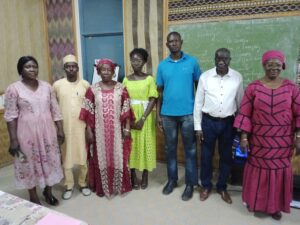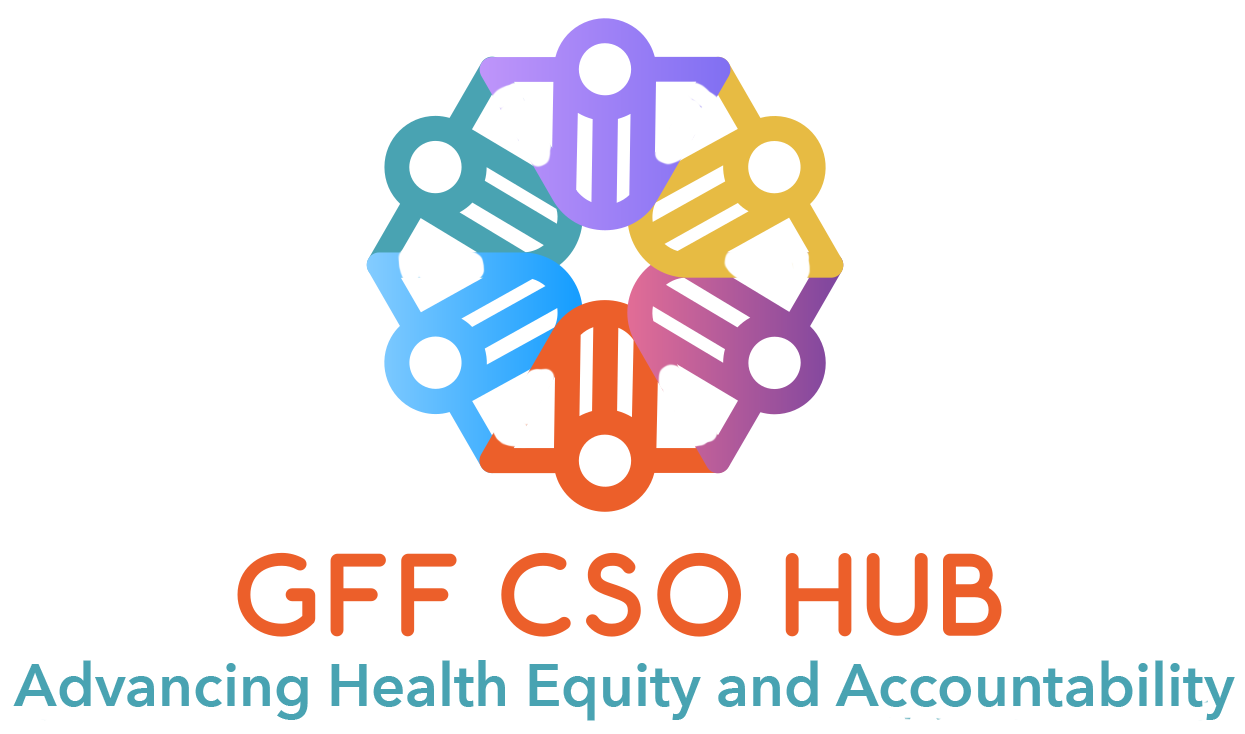Chad has one of the highest maternal mortality rates in the world, with 856 deaths for every 100,000 live births.[1] One in ten children die before reaching their fifth birthday, and 35 percent suffer from stunted growth.[2]
While these alarming statistics demonstrate significant improvement compared to prior decades, there remains a dire need for long-term sustainable investment in sexual, reproductive, maternal, newborn, child, and adolescent health and nutrition (SRMNCAH+N).
As part of the GFF’s efforts to catalyze the mobilization of domestic resources for SRMNCAH+N, the Chadian Government, civil society and other stakeholders must collaborate to develop and implement an investment case.
To support meaningful engagement of civil society and youth-led organizations in the process, Cellule de Liaison et d’Information des Associations Féminines (CELIAF), with the support of PAI, led the creation of a CSO-GFF coalition for coordinating work on the GFF investment case at the national, regional and local levels in Chad.

What is the importance of civil society in advancing SRMNCAH+N?
Civil society organizations:
- Create space for vulnerable populations to raise issues and shape the development of policies and practices affecting them.
- Manage health and nutrition programs or provide direct services.
- Create demand for services by raising awareness and connecting populations in need with providers.
- Monitor the implementation of interventions and hold commitment makers accountable.
- Conduct research and analysis to identify gaps or inefficiencies in programs as well as evaluate impacts.
- Provide technical assistance to stakeholders to improve interventions.
What are the benefits of a CSO-GFF coalition?
- The coalition facilitates the alignment of objectives and actions among members, allowing them to avoid duplicating efforts and build toward the same goal.
- Members can share resources and responsibilities to lower the costs of effective engagement.
- Members can pool their expertise and skills to build the capacity of the coalition and individual members to carry out advocacy.
- By forming a united front and speaking with one voice, the coalition can have outsized influence when conducting advocacy.
How did it happen?
- In September 2022, CELIAF held a three-day workshop in N’Djamena which brought together 34 CSOs and YLOs from across Chad as well as representatives from PAI, the World Bank and the Organisation d’Afrique francophone pour le renforcement des systèmes de santé et de la vaccination (OAFRESS).
- The workshop helped participants come to a shared understanding of the GFF, the steps required to develop and implement an investment case for Chad, and the role of CSOs in the process.
- Participants closed the workshop by establishing a six-person task force to lead the drafting of the coalition’s governing documents.
- In November, PAI worked with CELIAF and the secretariat to develop the governance documents and supported the official launch of the CSO-GFF coalition in December.
- In the first quarter of 2023, the national coordination office of the CSO-GFF coalition, with the support of CELIAF, established regional coordination units in eight provinces.
[1] https://www.worldbank.org/en/country/chad/overview#:~:text=With%20856%20deaths%20for%20every,ages%20of%2015%20and%2019)
